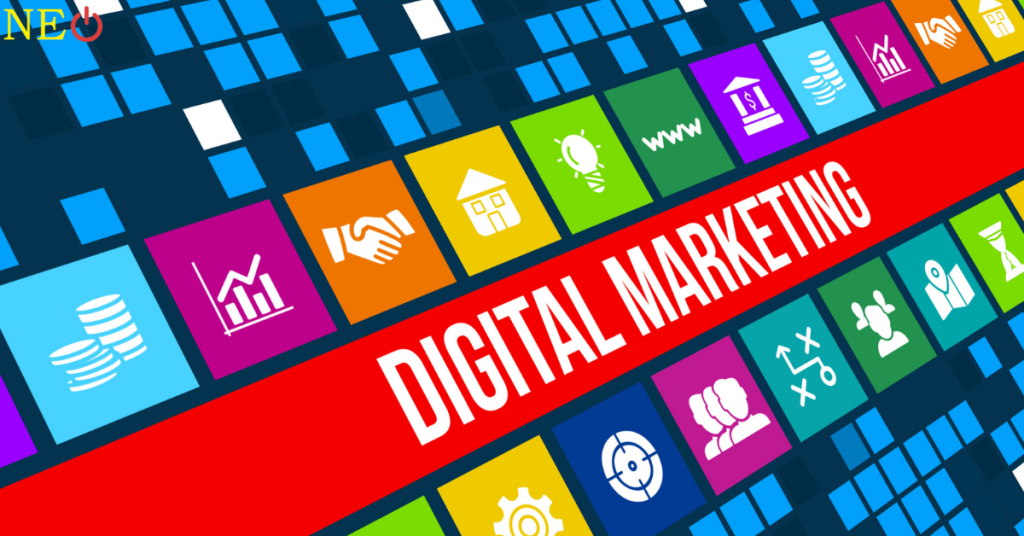In today's digital age, the significance of online presence and marketing strategies cannot be overstated. Businesses across various industries are leveraging digital platforms to reach their target audience, build brand awareness, and drive sales. However, amidst the growing emphasis on digital marketing, the question arises: Is it truly compulsory for every business? Let's delve deeper into this topic to uncover the nuances and realities behind digital marketing's role in business success.
Understanding Digital Marketing
Digital marketing encompasses a broad spectrum of online strategies aimed at promoting products or services through digital channels such as websites, social media, email, search engines, and more. It offers a cost-effective and efficient way to connect with potential customers, engage existing ones, and increase brand visibility in the vast digital landscape.
The Diversity of Business Models
It's essential to recognize that not all businesses operate under the same model or cater to the same audience. While digital marketing can be highly beneficial for many, its relevance may vary depending on the nature of the business. Brick-and-mortar stores, for instance, may rely more on local foot traffic and traditional marketing methods, whereas e-commerce businesses thrive in the digital realm.
Target Audience and Market Dynamics
Understanding your target audience and market dynamics is crucial in determining the efficacy of digital marketing for your business. If your audience predominantly engages with digital platforms and online content, investing in digital marketing can yield significant returns. Conversely, if your target demographic is less active online or prefers traditional media, digital marketing may not be as imperative.

Cost Considerations
Digital marketing offers various cost-effective options, such as social media advertising, email campaigns, and search engine optimization (SEO). However, for businesses with limited budgets or those operating in niche markets with specialized audiences, traditional marketing channels may offer more value for money.
Competitive Landscape
In highly competitive industries where online visibility is paramount, digital marketing becomes a strategic necessity. Failing to establish a strong digital presence can result in losing market share to competitors who effectively leverage digital channels to connect with consumers and drive sales.
Brand Awareness and Reputation Management
Digital marketing plays a crucial role in building brand awareness and managing reputation in the online sphere. Businesses can control their narrative, engage with customers directly, and respond promptly to feedback or reviews. However, for businesses with established brand equity and loyal customer bases, the need for aggressive digital marketing efforts may be less pronounced.
Adaptability and Flexibility
One of the strengths of digital marketing lies in its adaptability and flexibility. Campaigns can be tailored to specific objectives, adjusted in real-time based on performance metrics, and scaled up or down as needed. Businesses that embrace innovation and agility can leverage digital marketing to stay ahead of evolving consumer trends and market dynamics.
While digital marketing offers undeniable benefits and opportunities for many businesses, its necessity is not universal. Success hinges on understanding your unique business model, target audience, competitive landscape, and budget constraints. Ultimately, the decision to invest in digital marketing should be informed by strategic considerations aligned with your business objectives.









